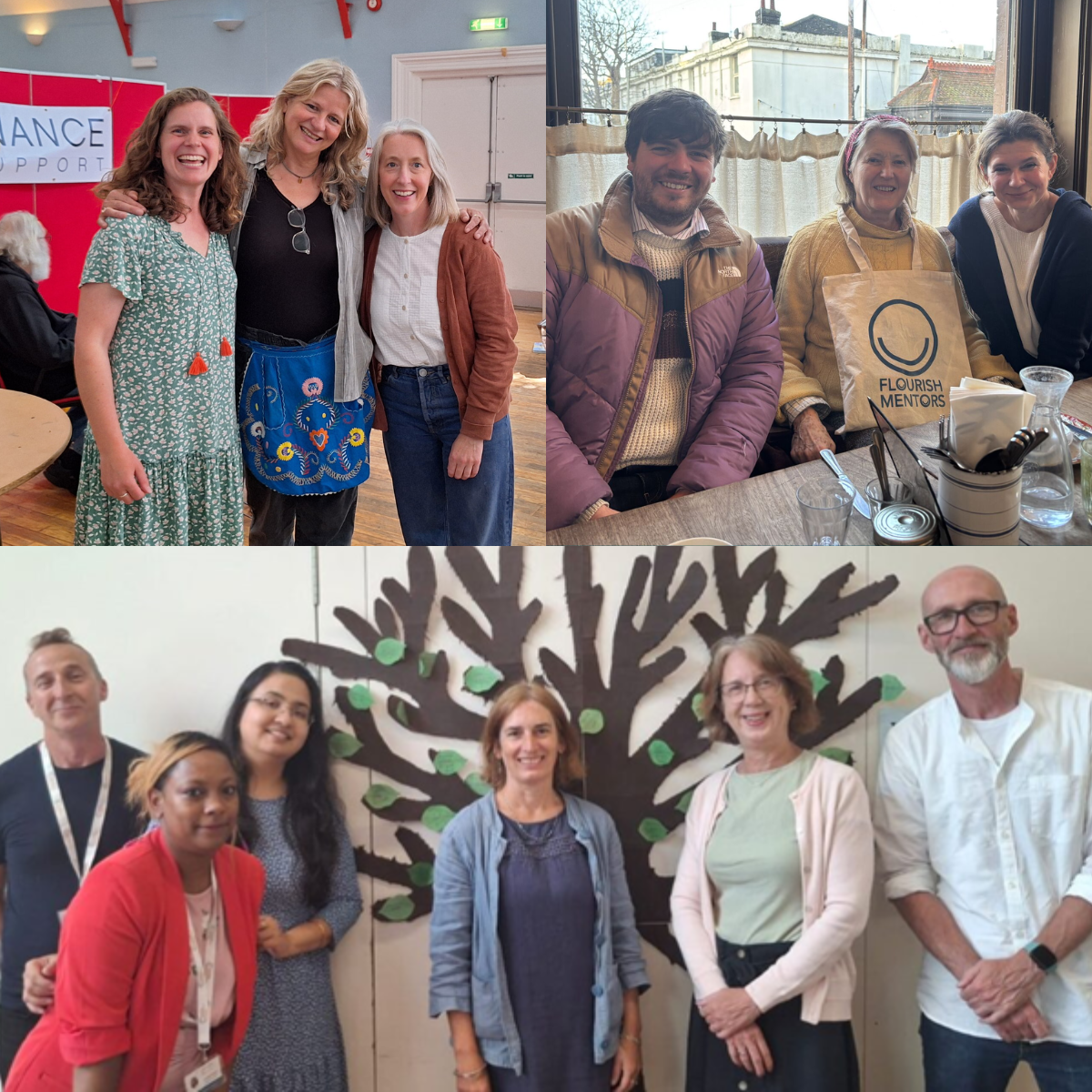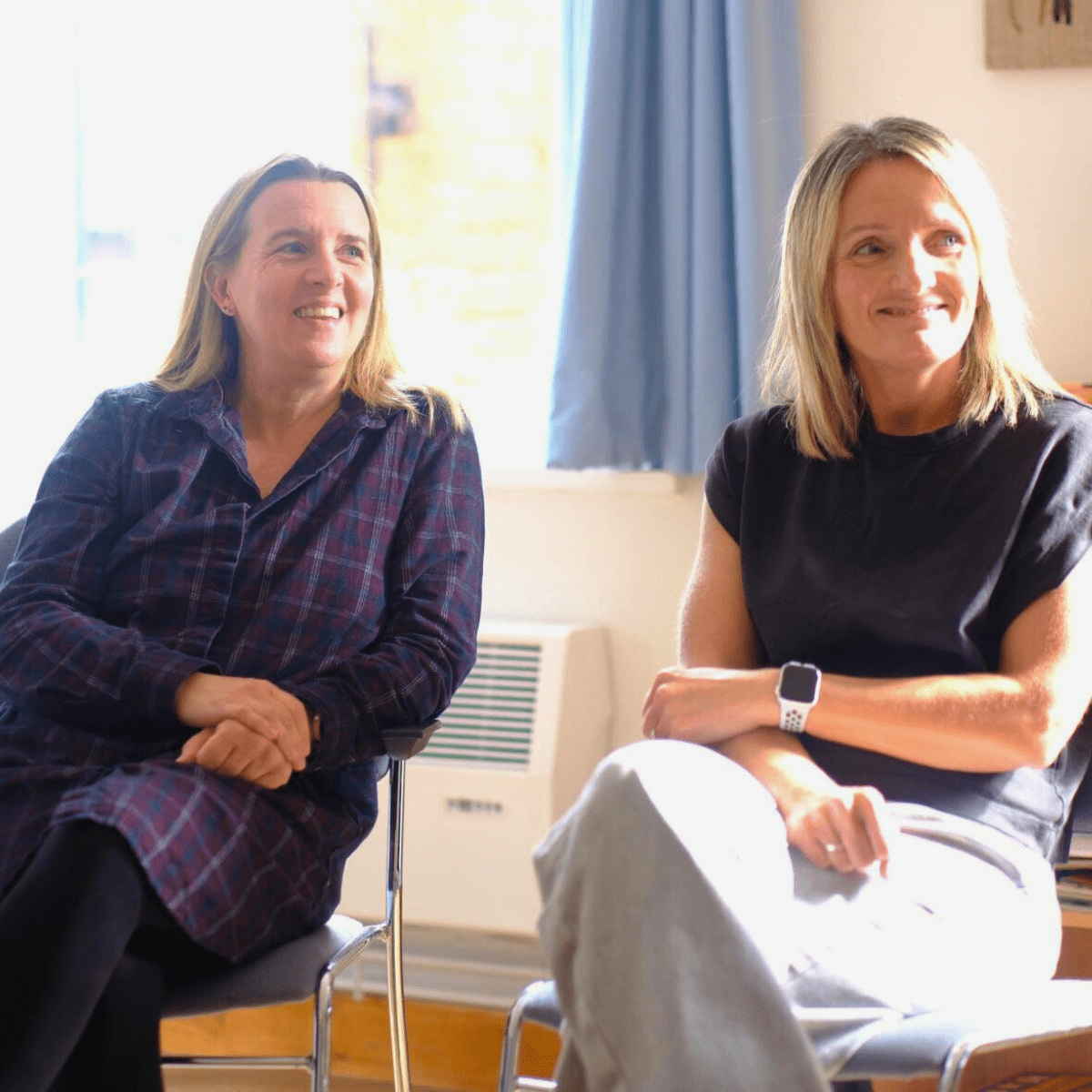
In July, New Philanthropy Capital (NPC) published a stark warning highlighting the huge challenges people are facing across the UK as the cost of living rises.
“The cost of living crisis is as big a crisis as covid, possibly bigger. More people will need the help charities provide, yet charities will find it harder to support them as inflation increases their own costs and erodes the value of reserves and pre-pledged donations.”
Charity sector bodies, such as Charities Aid Foundation (CAF), have identified that some voluntary organisations are likely to close in the coming months as inflation increased to a 40-year high. Organisations are being hit by higher costs, lower donations and increased demand, and this pressure is predicted to further increase as inflation is expected to continue rising.
“More than four in five (82%) charity leaders are concerned about how they are going to pay for their own utility bills with rent, energy and fuel increasing. Wages are also a cause for concern.” – CAF
Despite Sussex appearing as a wealthy county, there is deep-rooted inequality with pockets of deprivation. People from some ethnic groups, women, families with children, and disabled people are at higher risk of living in poverty. These people are most vulnerable to the rise in the cost of living.
Communities that struggled throughout the pandemic are once again seeing a major strain on budgets:
The rising cost of living will tip more people into poverty and deepen existing poverty, disproportionately impacting already marginalised communities across Sussex. This will have negative long-term effects on our community’s health and well-being.

At the Foundation, we are developing a regular community listening exercise to understand exactly what’s happening in our county on the ground. We need to deepen our understanding of how the cost of living crisis is affecting local organisations and our communities to help shape our funding priorities for the coming months.
If you are a charity or community organisation please do complete our survey and share your challenges so we can understand how we can help.



